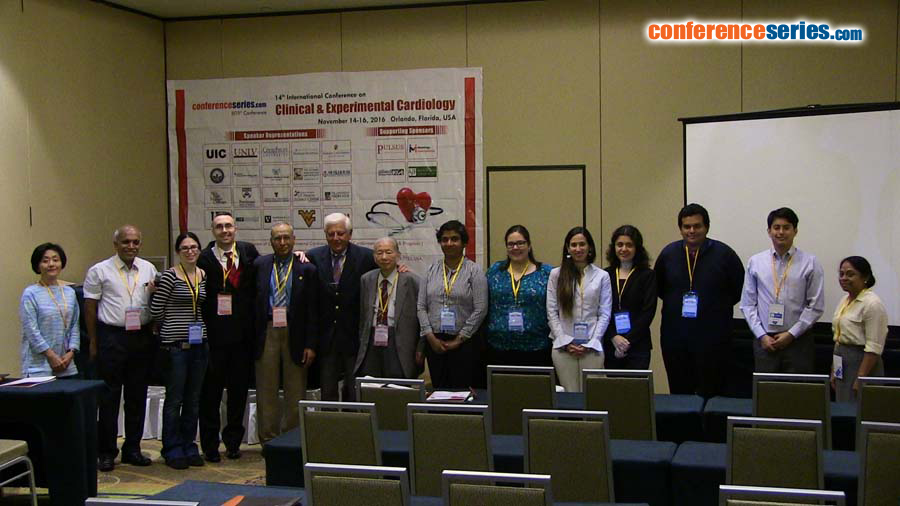
Emili Manna
Sinha Institute of Medical Science and Technology, India
Title: Nullification by insulin of the testosterone induced synthesis of the signal molecule for the development of acute myocardial infarction in breast cancer through nitric oxide synthesis
Biography
Biography: Emili Manna
Abstract
Background: The increased incidences of acute myocardial infarction (AMI) in breast cancer have been reported before. However the mechanism of AMI in breast cancer related to the status of platelet function remains obscure. The role of testosterone in the pathophysiology of AMI in breast cancer was investigated.
Methods: Fifty five female breast cancer patients between the ages of 25-60 participated in this study. None of the participants had diabetes mellitus, hypertension or any life threatening infection. These volunteers at presentation have not yet undergone any therapy for the condition. An equal number of age matched normal female volunteers also participated in the study. No normal female volunteers had ever received any contraceptive medications. The platelet rich plasma (PRP) was prepared from the peripheral blood and collected in sodium citrated. The syntheses of dermcidin isoform-2(DCN-2),an environmentally induced stress protein and a potent platelet aggregating agent , and troponin I in neutrophils were assayed by enzyme linked immunosorbent assay after invitro translation of the corresponding m-RNAs.
Results: Treatment of PRP from the breast cancer subjected with 2.0 µM ADP resulted in the 4 fold increase in the aggregation of the platelets compared to control (p <0.0001,n=55) and the incubation of breast cancer PRP with 80 µM acetyl salicylic acid (aspirin) for 30 min at 37â—‹C failed to inhibit ADP induced platelet aggregation. As the systemic increase of testosterone, an inhibitor of nitric oxide synthase has been reported to be associated with breast cancer, when the normal neutrophils’ suspension (106 cells/ml) in Tyrode buffer pH 7.4 was incubated with 20nM testosterone for 2 h at 37â—‹C the syntheses of both DCN-2 and troponin-I the signal molecules for AMI were found to be increased by 6 and 2 fold respectively.
In contrast, the addition of 30 µU/ml insulin to the neutrophil suspension that increased NO synthesis was found to neutralise the testosterone effects on the syntheses of the signal molecules for AMI.
Incubation of normal PRP with DCN-2 and troponin-I similar to the amount that was present in the plasma of breast cancer patients for 2h at37â—‹C resulted in the failure of aspirin to inhibit the platelet aggregation.
It is concluded that the testosterone induced increased syntheses of DCN -2 and troponin -I in the circulation of the breast cancer patients could induce / enhance the occurrence of AMI.


